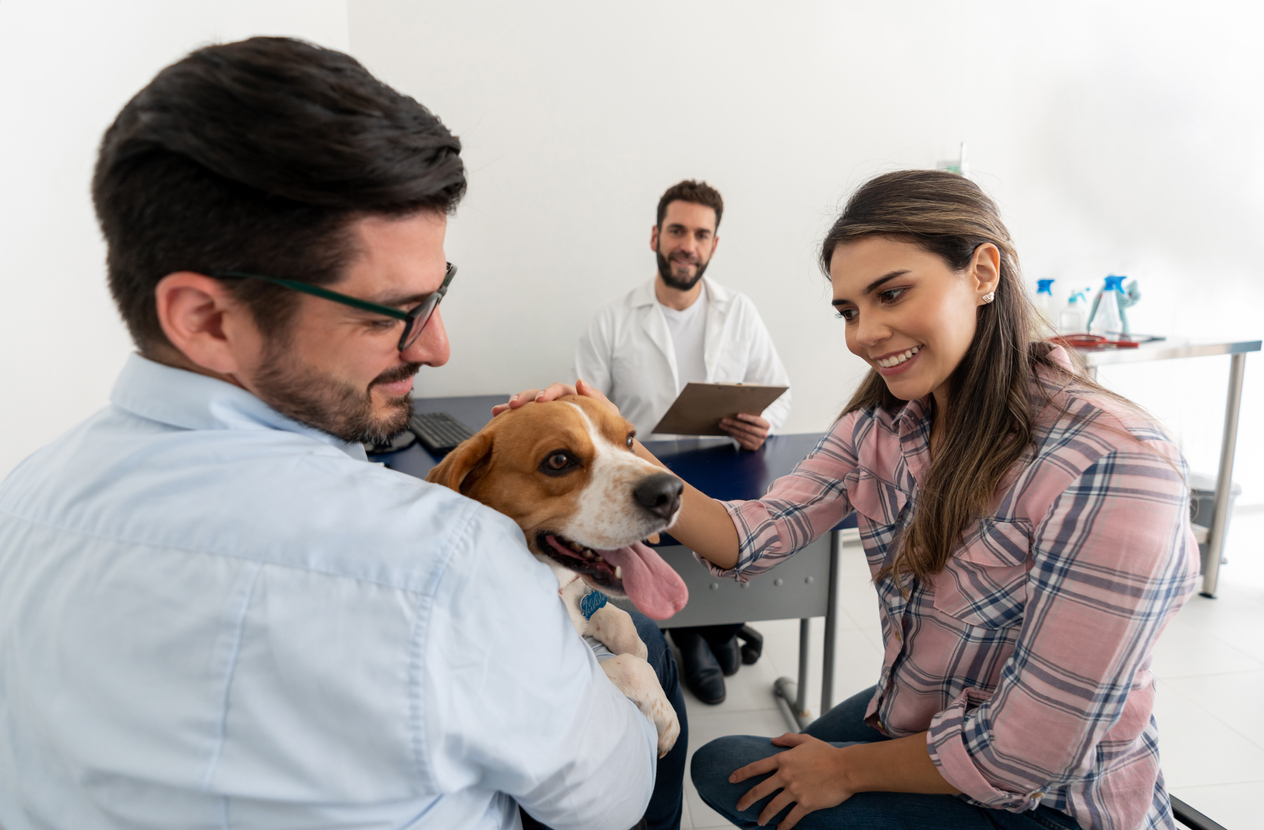Veterinary practices routinely handle confidential client information. Confidential information includes animal and client-related information that links back to a person. Although animal treatment records themselves are not considered confidential information, they become so if they link back to a human client. Given the strong protection the law affords to such information, it is imperative to put safeguards in place to ensure legal compliance. If your veterinary practice fails to protect your client’s personal information, you could face serious legal consequences. In this article, we discuss how to protect veterinary client information.
Assign Responsibility
If you don’t do it yourself, you should appoint someone to take primary responsibility for the management of data protection. The employee you assign should be someone who is relatively senior and has a solid understanding of data protection.
Create a Privacy Policy
Every veterinary practice should have a privacy policy. This policy should provide information about the types of personal data that is collected and processed by the practice, the different uses of the data, how long the data is retained, and whether it is shared.
Provide Training
Every staff member with access to customer personal information should receive training. Ideally, records of such training should be kept and retained. In addition, employees should be provided with periodic refresher training to ensure that their knowledge on protecting personal information remains current.
Implement Electronic Safeguards
Practically all veterinary records are now stored electronically. Therefore, you should implement multiple electronic safeguards to ensure that all client personal information remains protected. If you don’t have your own IT team, you should seek out a reputable IT company to assist you. Firewalls, anti-spyware software, and anti-virus software are just a few of the ways that an IT organization can help keep your customer information safe. And if you still maintain paper records, you should store them in a safe place and ensure that only the staff responsible for accessing such records can enter the area.
Routinely Review and Update
You should also routinely review and update all aspects of your overall customer information protection plan. The laws that protect personal information are always changing, so you should consult with an experienced veterinary lawyer to ensure that the data protection protocols you have in place are effective and legally sufficient. Specifically, you should regularly review your policies and procedures, training materials, and electronic security measures to ensure that they are current and compliant with all relevant laws.
Contact an Experienced Veterinary Lawyer
Finally, as noted above, for assistance with protecting confidential veterinary client information, you should contact an experienced veterinary attorney. At Mahan Law, our experienced legal professionals will assist in the development of data protection policies and procedures that adhere to state and federal requirements. Please contact us as soon as possible to arrange a free and confidential consultation with one of our talented attorneys.










